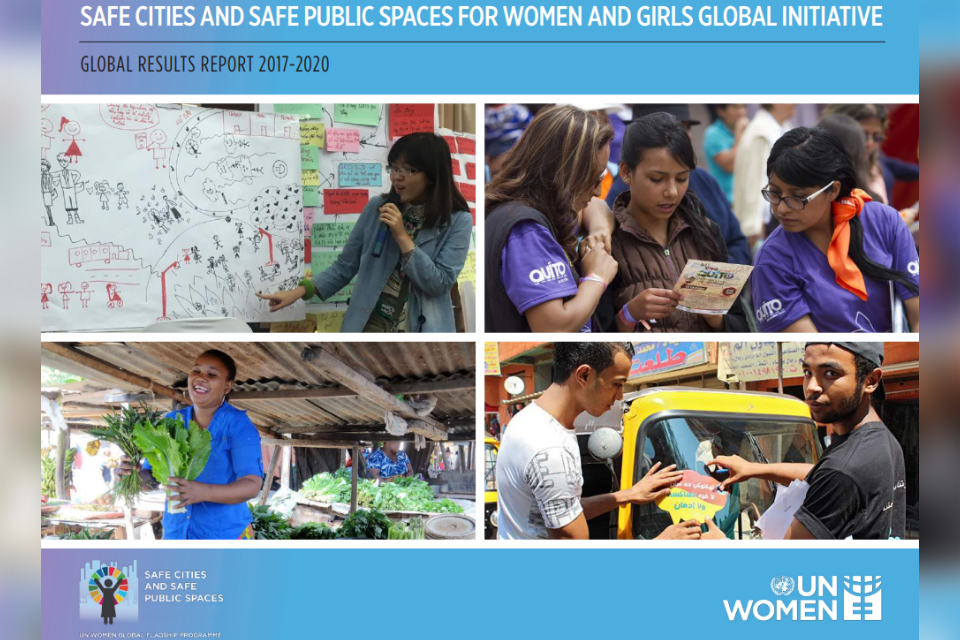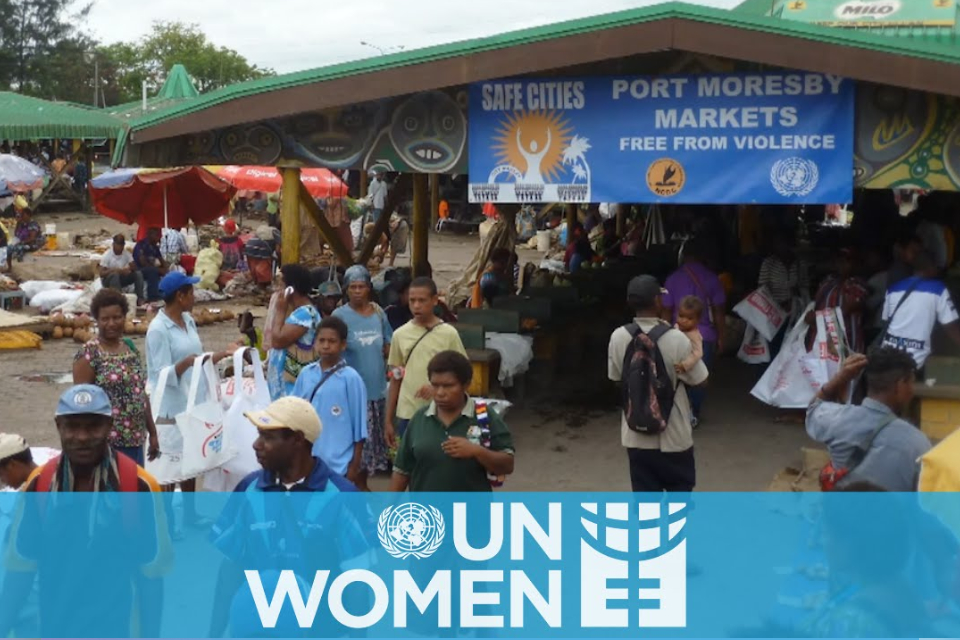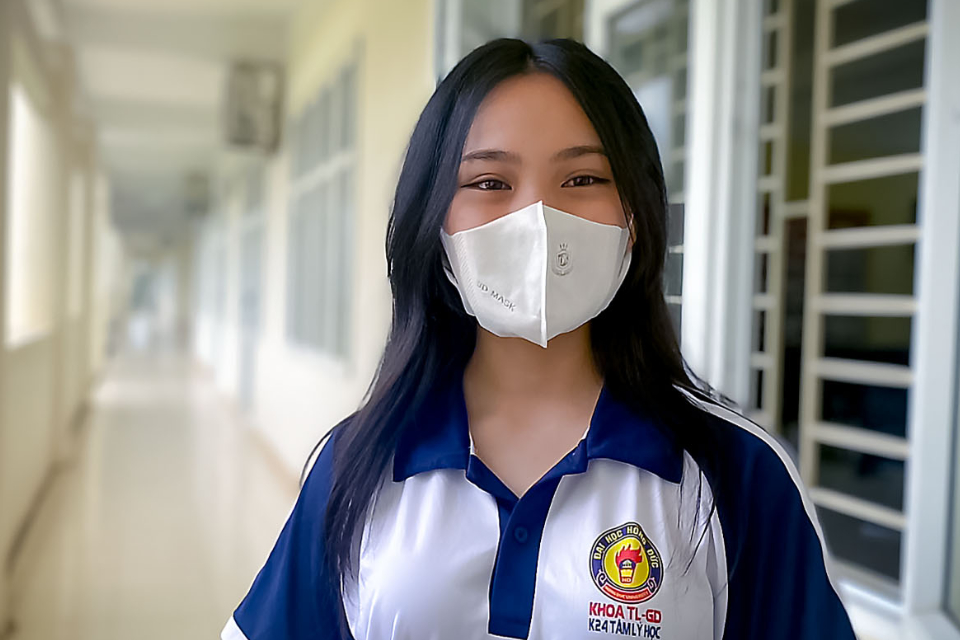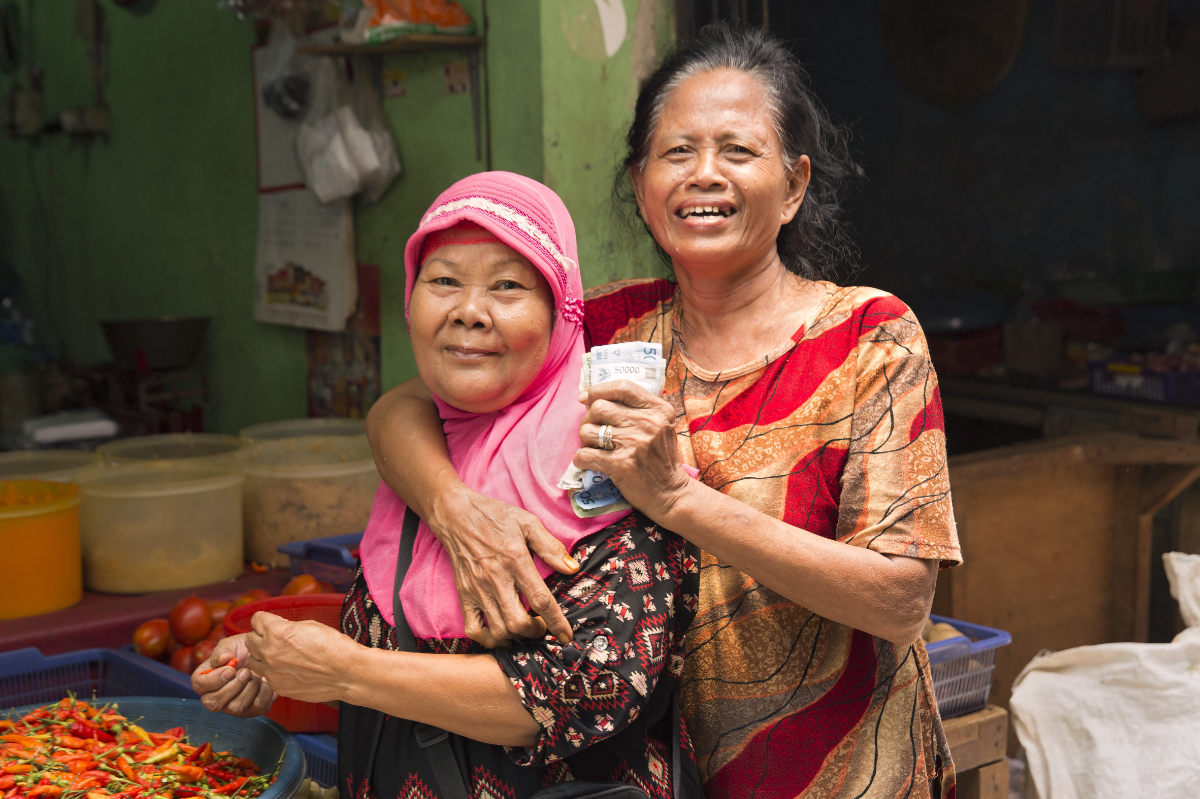
Creating Safe Public Spaces

Sexual harassment and other forms of sexual violence in public spaces are an everyday occurrence for women and girls worldwide — in urban and rural areas and in developed and developing countries.
Women and girls experience and fear various types of sexual violence in public spaces, from unwanted sexual remarks and touching to rape and femicide. It happens on streets, in and around public transportation, schools and workplaces, public sanitation facilities, water and food distribution sites and parks.
This reality reduces women’s and girls’ freedom of movement. It reduces their ability to participate in school, work, and public life. It limits their access to essential services and their enjoyment of cultural and recreational activities. It also negatively impacts their health and well-being.
Although violence in the private domain is now widely recognised as a human rights violation, violence against women and girls in public spaces, especially sexual harassment, remains a largely neglected issue, with few laws or policies in place to prevent and address it.
The UN Women Asia-Pacific Regional Office, with support from the Korean Women’s Development Institute, produced the Born to Be Free report. This report was created to map existing interventions implemented in the Asia-Pacific region and provide recommendations for future work to ensure women’s and girls’ safety in public spaces. The Born to Be Free report includes 55 evaluated interventions, a survey of over 118 stakeholders working on the issue of women and girls’ safety and mobility in public spaces globally, and over 50 in-depth interviews and field visits to Jakarta, Hanoi, Ho Chi Minh City and Seoul.
Our solutions
Safe Cities for women and girls is one of UN Women’s Global Flagship Initiatives to promote safe public spaces for women and girls. Cities participating in this initiative commit to ensuring that women and girls are socially, economically, and politically empowered in public spaces free from sexual harassment and other forms of sexual violence. Data, policies, investments, and advocacy are essential components of comprehensive strategies to prevent and respond to sexual violence against women. Plans include four closely integrated categories of interventions implemented by local and national authorities, grassroots women/women’s organisations, and other community partners. In Asia-Pacific, the Safe Cities Initiative is implemented in Dili, Ho Chi Minh City, Jakarta, Lahore City, Metro Manila, New Delhi, and Port Moresby.
In Papua New Guinea, the Port Moresby Safe City Programme helps people understand how to prevent violence against women and girls and act on any threats. Taking the bus, selling goods in the market, walking on the street – these and other typical urban activities can lead to sexual harassment and other forms of gender-based violence. After receiving training from UN Women, female market vendors in Port Moresby did an audit of markets and bus stations on women’s safety. Their findings prompted the authorities to make those places safer by improving shelter, sanitation, lighting, and crowd management. UN Women trainings helped 400 bus and taxi operators learn how to look out for and prevent sexual harassment. A campaign calling on men and boys to halt violence against women and girls in public spaces reached 50,000 people through radio and TV talk shows, social media, activities in public places, and special sessions in schools and churches. This brought new voices into the conversation about women’s safety.
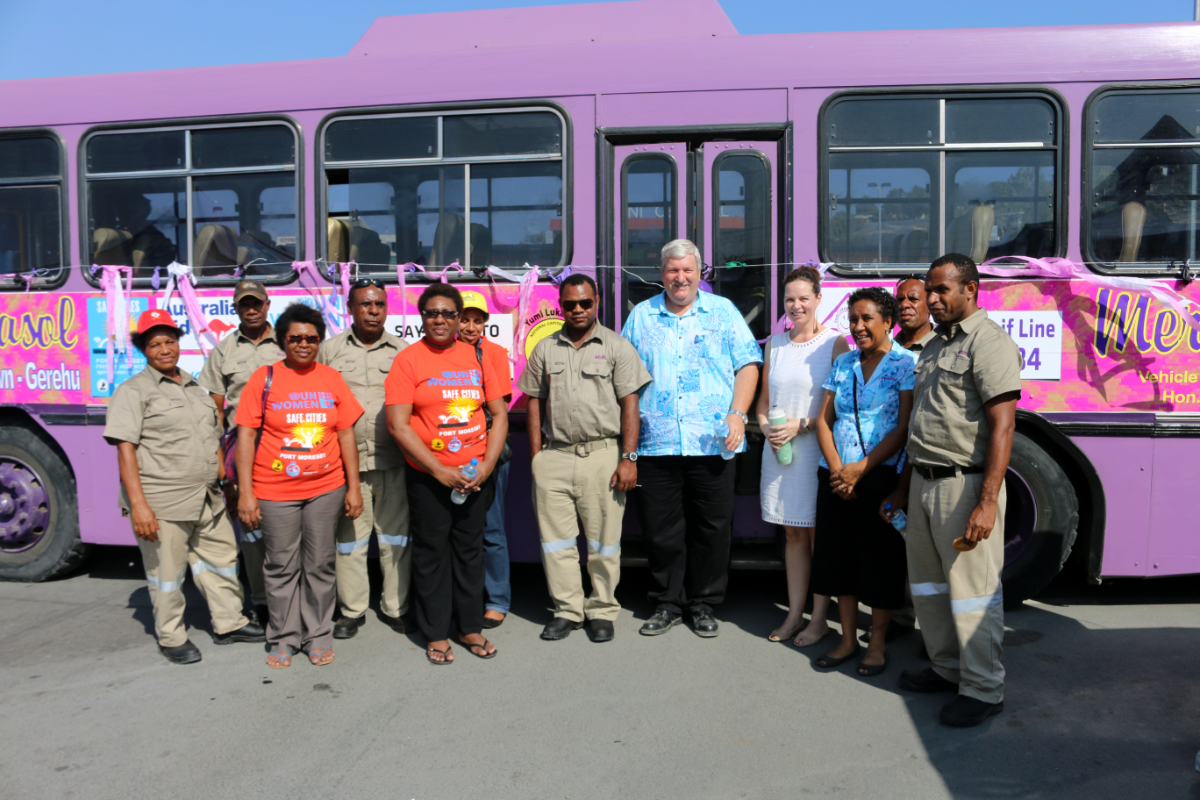
Through the Port Moresby Safe City Programme, new measures are improving women’s safety and ability to make a living. These started with forming women vendors’ associations, which have been instrumental in identifying threats and developing measures to reduce them. Taking on leadership roles has empowered women to voice their needs – and to ensure that interventions are gender-responsive.
Gerehu Market in Port Moresby was selected as the first market to pioneer the Safe City Programme after a scoping study identified it as a priority, given challenges with sexual and other forms of violence against women. The programme has since renovated market stalls, provided clean drinking water, improved sanitation, and the design of toilets, and built a playground for the young children who accompany many women vendors. Lighting was improved, and fences that isolated market areas were torn down. New police posts were created, and police, market controllers and security guards were trained in preventing and responding to violence against women. A cashless method for vendors to pay their market fees through their mobile phones cuts illegal requests for payments, and funds are used to maintain the market’s infrastructure and services. Additional support comes from the recent introduction of training to help women run their businesses more efficiently and access loans and credit.
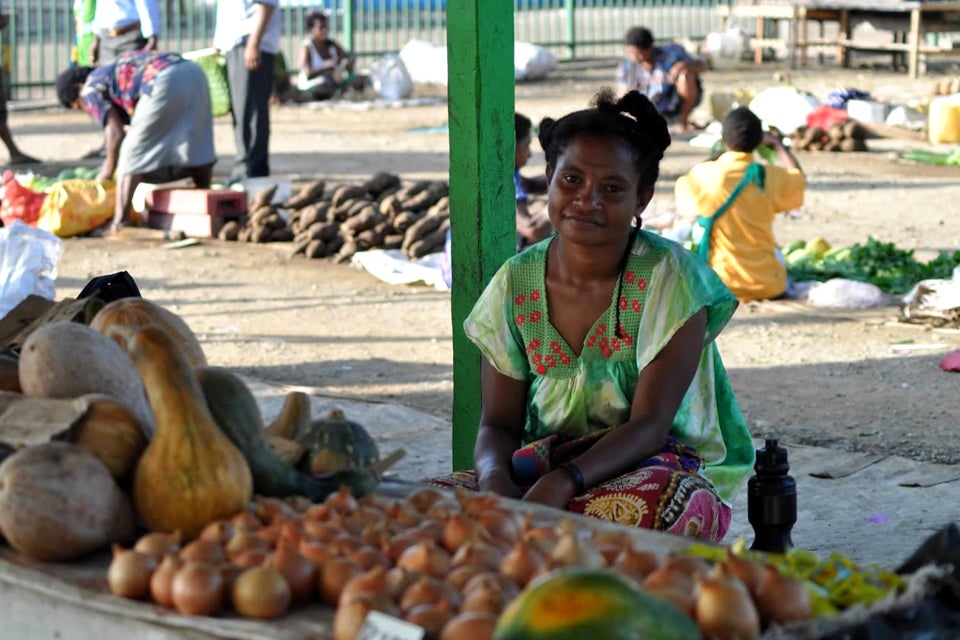
In Quezon City, the largest municipality in Metro Manila in the Philippines, the Safe City Programme supported grassroots women, girls, researchers, and other partners to collect data on sexual harassment and advocate for measures to enhance the rule of law. As a result, ground-breaking local legislation was passed in 2015, establishing penalties for sexual harassment in public spaces.
In 2019, the national legislation “Safe Spaces Act” was passed, recognising and defining gender-based sexual harassment in public spaces, and imposing penalties and sanctions.
- Technology is now expanding the widespread reach of the programme in Quezon City. A computer programming challenge hackathon mobilised 56 hackers to produce novel mobile technology solutions to sexual harassment and violence against women and girls in public spaces.
- In Quezon City, two community-based youth theatre advocacy groups comprising 30 youth perform plays that address victim-blaming attitudes, promote active bystander behaviour and encourage women and girls to claim their rights.
The Safe City programme in Ho Chi Minh City, Viet Nam, has achieved enormous gains in making the city safer for women and girls. Founded in improving public transport infrastructure and services, addressing social norms, and proposing policies and legal reforms to prevent and respond to sexual violence against women and children in public places, recent intervention activities include:
- conducting the first large-scale survey on sexual harassment and sexual violence in public spaces in Ho Chi Minh City,
- establishing ‘Male Advocate Clubs’ to promote and develop equal and respectful relationships with women,
- providing technical assistance to the Management Unit of Investment and Construction of City Transportation Works Projectin gender-responsive budgeting and planning,
- and developing communications tools for reaching 8.5 million people in HCMC and other provinces with messages on sexual harassment prevention in public spaces.
Safety audits took place in Lahore City, Pakistan as well. It focused on the bus services provided by the Lahore Transport Company (LTC) and Metro Bus and included a detailed desk review, a perception study with 903 women commuters and 100 bus drivers and conductors, key informant interviews, safety walk evaluations at selected bus stops and focus group discussions.
